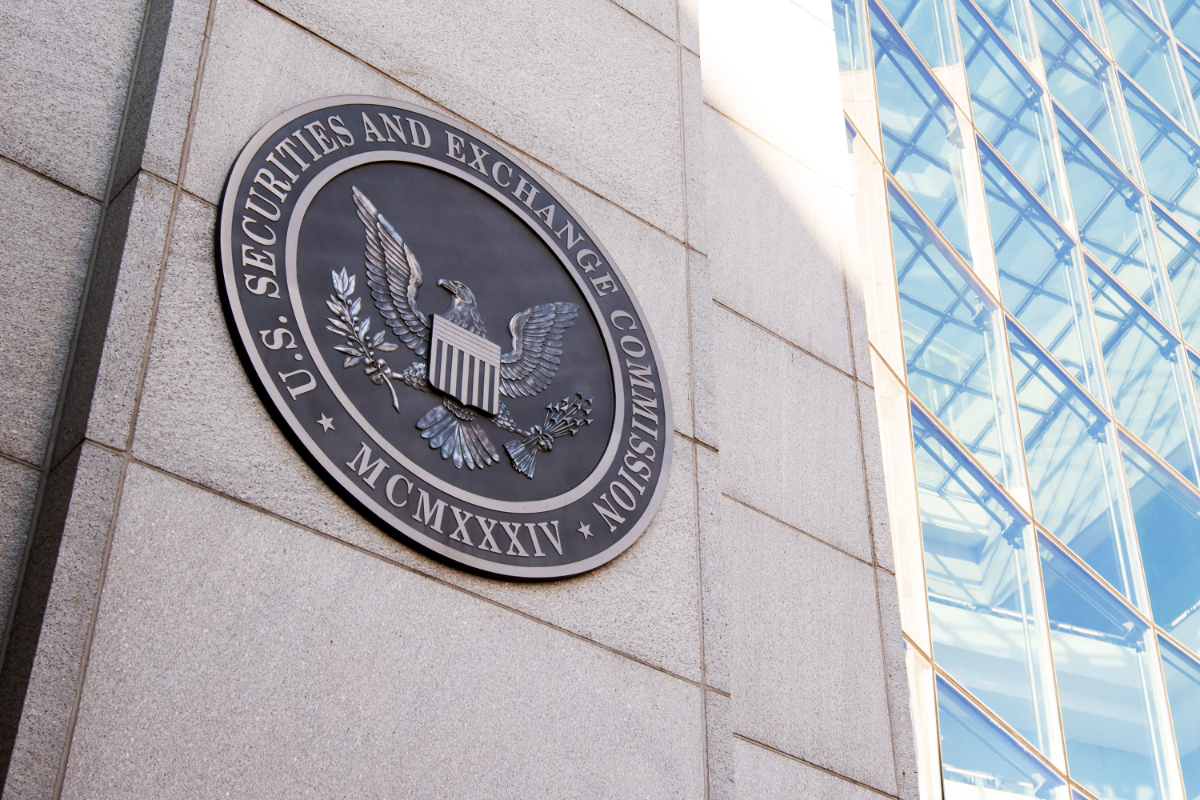Binance’s efforts to dismiss a U.S. Securities and Exchange Commission (SEC) lawsuit do not have a basis in the law, the federal regulator said in a filing Wednesday.
The SEC pushed back against Binance and Binance.US’s motion to dismiss the suit it brought earlier this summer, saying the motion relies on “distorted” and “tortured” interpretations of both federal law and precedents. The SEC first sued Binance in June, a day before suing Coinbase, arguing both companies offered unregistered securities to the investing public (the Binance suit included some other allegations).
Binance, Binance.US and Binance founder Changpeng “CZ” Zhao argued in a motion to dismiss that the SEC was overreaching from its mandate and that it hadn’t “plausibly alleged” actual securities law violations.
In Wednesday’s filing, the SEC said Binance’s argument would “dismantle decades of foundational precedent upon which the nation’s securities laws operate,” instead creating a new “rigid framework” that did not have a basis in either case precedent or existing law.
Binance’s sale of the BNB token during an initial coin offering as a fundraising mechanism violated securities law, as did its sale of Binance USD (BUSD) as an investment contract, the SEC alleged.
Similarly, staking and earn programs also violated federal securities laws, the agency argued.
The SEC also pushed back against an argument that its lawsuit violated the “Major Questions Doctrine,” a recent Supreme Court ruling that’s quickly become a favorite of crypto companies facing litigation from the federal regulator.
“Defendants fail to explain why a doctrine intended to protect Congressional authority to make major policy decisions would be served by precluding the SEC from enforcing the Congressional policy choices embodied in the securities laws,” the SEC said.
















